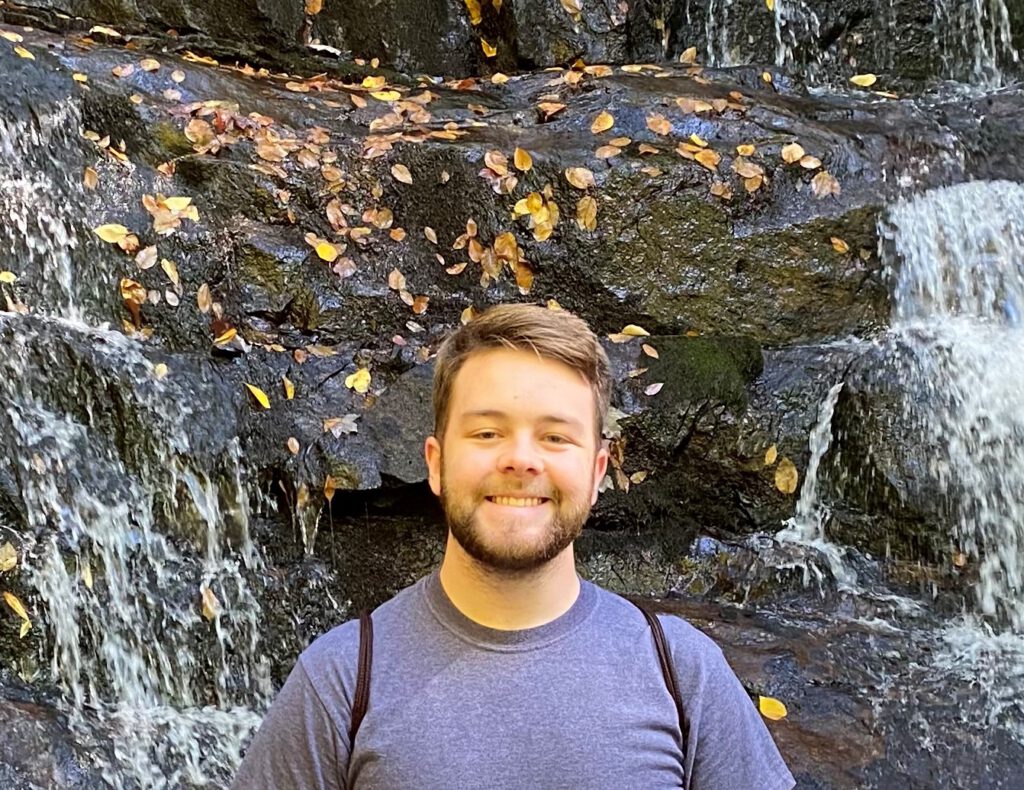
Patrick is a graduate student in Dr. Patrick Stayton’s lab. He is developing polymeric drug delivery platforms, with a particular interest in delivery systems that target specific tissues or cell types. This research will improve the stability and delivery efficiency of drug cargo, as well as reduce off-target effects. In his previous work, Patrick investigated the impact of intermolecular interactions between drugs and polymers on their loading, as well as drug release from polymer scaffolds. Patrick received his B.E. in Chemical Engineering from Vanderbilt University. Read More

Louis is interested in polymer science, smart biomaterials and tissue engineering. As a member of the Ratner Lab, Louis’ research focuses on developing engineered polymeric biomaterials for multiple applications. One of his projects involves synthesizing materials to prevent biofilm formation through surface modifications. He is also developing a biomaterial scaffold for better kidney organoid integration. He holds a B.S. in Biology from the University of Washington. Read More
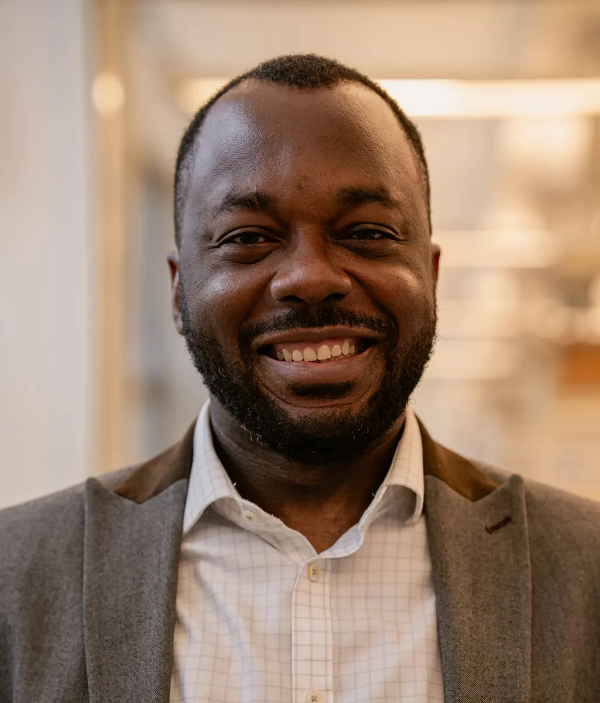
We develop activity-based assays to measure medication concentration based on the drug’s inherent activity. One of our ongoing projects is focused on developing REverSe TRanscrIptase Chain Termination (RESTRICT) assays that measure the concentrations of nucleotide analog drugs used in HIV treatment and prevention. These molecular assays provide rapid and user-friendly measurement of HIV medications directly in patients’ blood and can be used to monitor and individualize the concentrations of oral HIV therapies and emerging long-acting injectable therapies. Read More
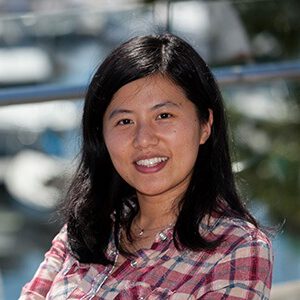
We are interested in understanding the fundamental structure and integrative functions of living tissue and organ systems of our human body from nanometer, micrometer to centimeter scale. Further, we are interested in designing and engineering the functional units in our body integrating the knowledge of biology and medicine, transport phenomena, matrix mechanics, and microfluidic technologies. We aim to lead our research towards clinical applications for regenerative tissue and organs, and therapeutic applications and health industry to replace the full animal models. Read More

As a graduate student in the labs of Dr. Kelly Stevens and Dr. Cole DeForest, Olivia is developing a new 3D printed biomaterials that can serve as mechanically tunable and functional liver tissue to trigger regeneration in an injured or diseased liver. This research will offer a novel therapy to treat liver disease and advance the field of tissue engineering and regenerative medicine. She holds a B.S in Chemical Engineering from the University of Michigan. Read More

As a graduate student in Valerie Daggett’s lab, Dylan studied the molecular events that occur in the earliest stages of Alzheimer’s disease. He focused on the structural transitions of proteins associated with the Alzheimer’s brain to inform the development of diagnostic tests and therapeutics. After graduating in 2020, Dylan began working as a Principal Scientist at AltPep, a Daggett lab spinout that is developing early diagnostics, modifying therapeutics and anti-biofilm treatments for amyloid diseases. Read More

As a graduate student in bioengineering professor Suzie Pun’s lab, and previously chemistry professor AJ Boydston's lab (before his lab moved to the University of Wisconsin), Dan developed easily synthesized, biocompatible hydrogels that can conduct electricity. These hydrogels could be used to engineer cardiac or neural tissues among other applications. Dan was selected to present his research at the American Chemical Society's Excellence in Graduate Polymer Research Symposium in 2020 and was awarded the 2020 Distinguished Dissertation Award in mathematics, physical sciences and engineering from the UW Graduate School. Read More
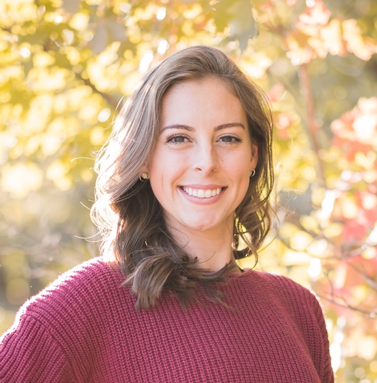
As a graduate student in the lab of Andre Berndt, Sarah is interested in optimizing protein function by coupling machine learning algorithms to directed evolution. This research will help advance the field of protein engineering and develop optogenetic tools that can be used in studies of addiction, pain, and emotion. She recently received the Herbold Data Science Fellowship to continue her work in machine learning. Sarah holds a B.S in Biomedical Engineering from the University of Utah. Read More

Janis is a member of Dr. Herbert Sauro’s lab. She collaborates with Dr. James Carothers to develop a method for systematically reengineering metabolic pathways in microorganisms. Specifically, she utilizes machine learning to build kinetic models from perturbation data. Her research will decrease humanity’s reliance on fossil fuels by lowering the cost of sustainable industrial chemical production. She holds a B.S. in Bioengineering from the University of Washington. Read More
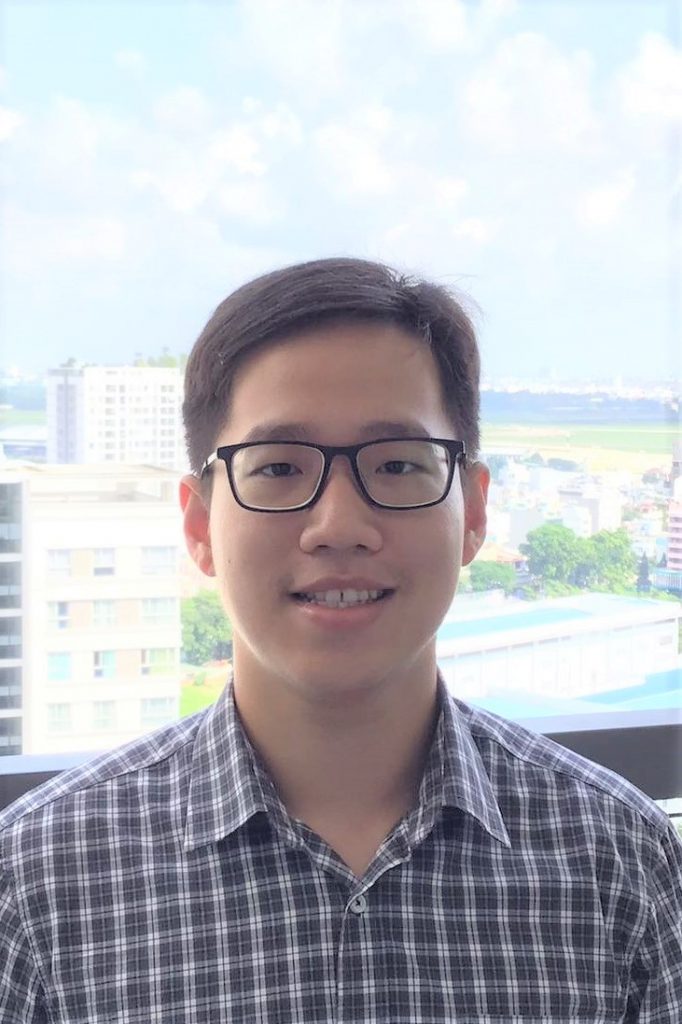
Ben is co-advised by Professors Suzie Pun and Patrick Stayton in the Bioengineering department. He is developing polymeric biomaterials for targeted drug delivery, with a particular interest in advancing the state-of-the-art of cancer vaccines and kidney therapeutics. The efficacy of promising drug candidates is often hampered by delivery constraints, such as rapid clearance from the body and/or off-target toxicity, more simply, they do not stay at the right place for the right amount of time to work. Ben’s work can change that incorporating drugs into polymers can help them stay in certain bodily compartments for longer, and adding targeting molecules to polymer chains can help them hone in on certain cells that they need to act upon. Read More